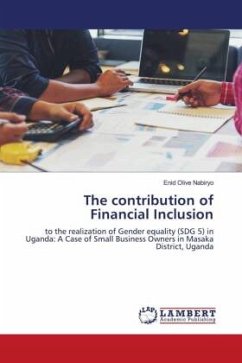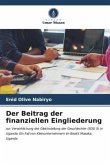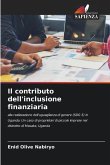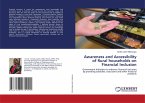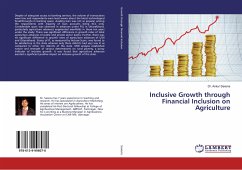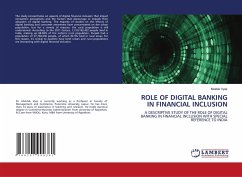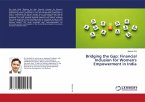Financial inclusion means that individuals and businesses have access to useful and affordable financial products and services that meet their needs. Financial access facilitates day-to-day living, and helps families and businesses plan for everything from long-term goals to unexpected emergencies (World Bank, 2018). Inclusive financial services mean that poor people can store and increase savings, cope with unexpected economic shocks, access social benefits more cheaply, and make investments in economic opportunities that can lead them out of poverty (UNSGSA, 2018). Gender equality is not only a fundamental human right, but a pre-condition for sustainable development (UNDP, 2022).In Uganda, women face discrimination and are disproportionately vulnerable. Sexual and reproductive health and rights (SRHR) are essential for reaching the Sustainable Development Goals (SDGs) for health.The general objective of the study is to examine the contribution of financial inclusion to the realization of Gender equality (SDG 5) in Uganda; a Case of Small Business Owners in Masaka District, Uganda.
Bitte wählen Sie Ihr Anliegen aus.
Rechnungen
Retourenschein anfordern
Bestellstatus
Storno

